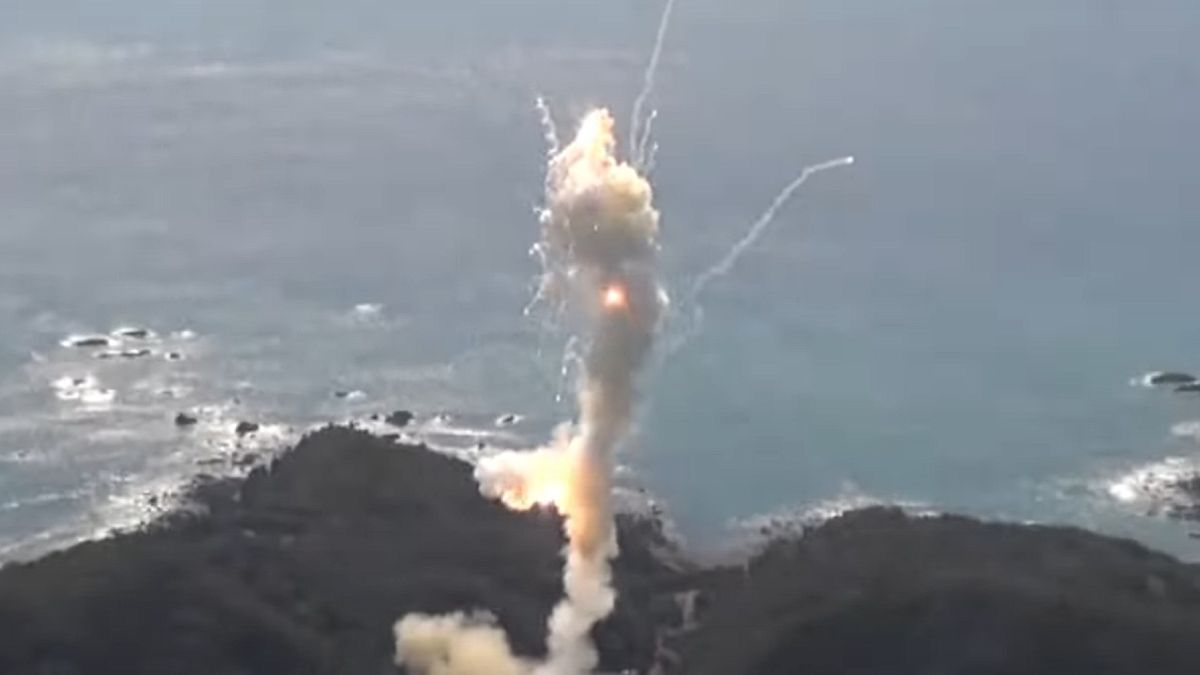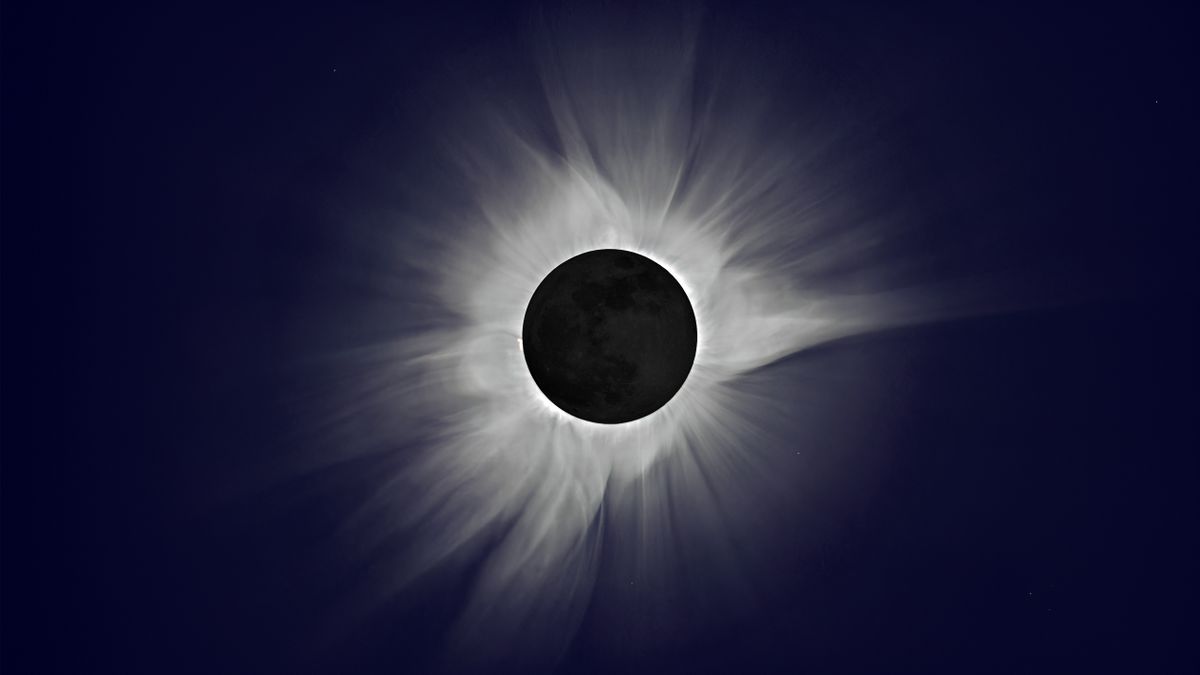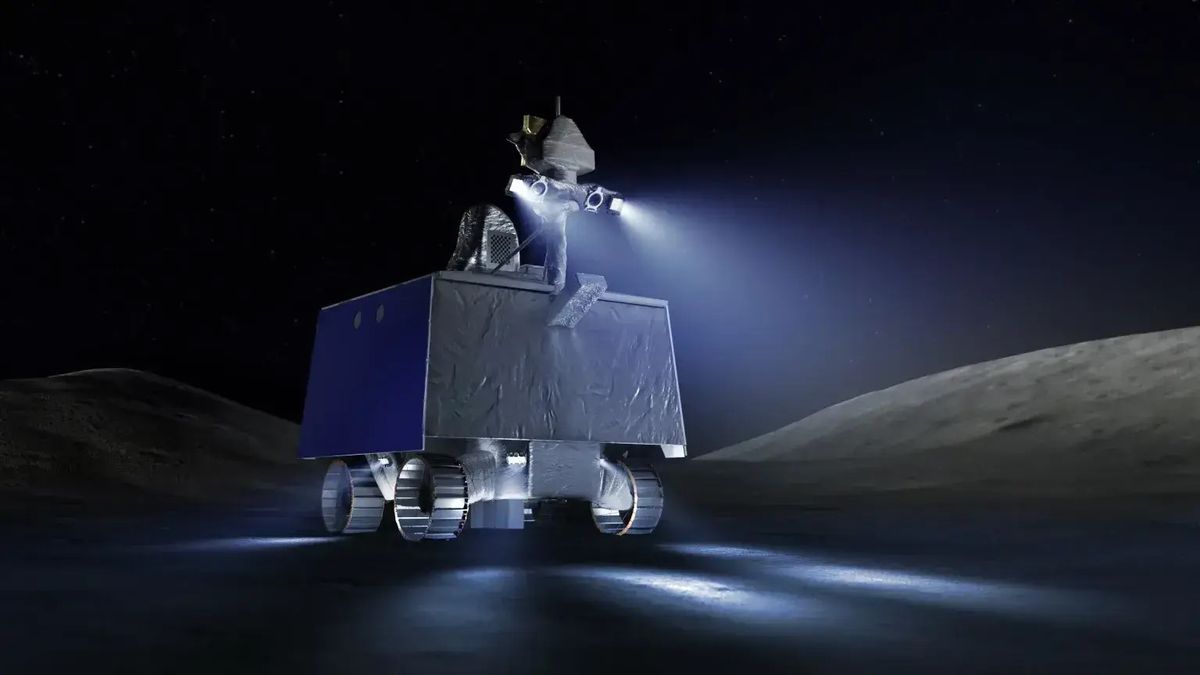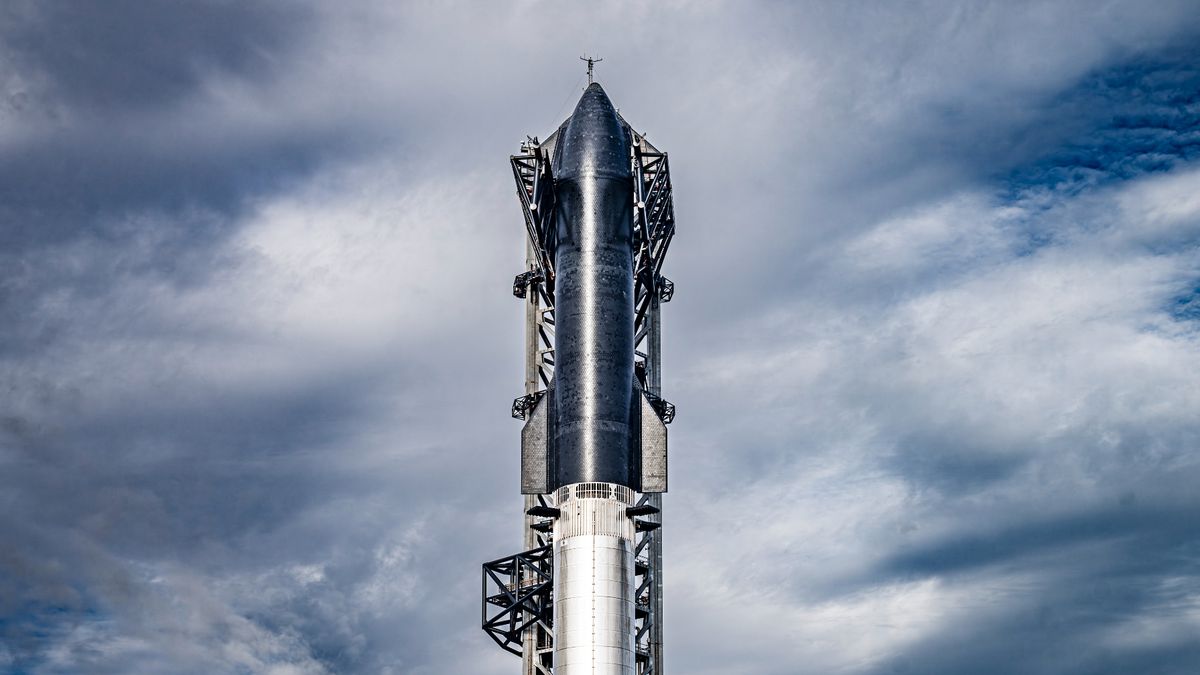Japanese Company’s Orbital Launch Attempt Ends in Failure
A Japanese company’s inaugural orbital launch endeavor concluded in a catastrophic mishap mere moments after liftoff on Wednesday. The 18-meter-long Kairos solid rocket embarked from Space Port Kii in Kushimoto, western Japan at 10:01 p.m. EDT on March 12. Its flight met an abrupt end shortly after departure when the flight termination system activated, causing the rocket to detonate.
The objective of becoming the first Japanese private launch entity to achieve orbit resulted in scattered debris across the launch vicinity. A post-launch briefing reassured that no harm was inflicted, and no personnel sustained injuries. Fires visible in the immediate aftermath were promptly extinguished.
Reasons for the Failure
Company president Masakazu Toyoda elucidated, “The rocket terminated the flight after judging that the achievement of its mission would be difficult.” The specific cause that prompted the autonomous flight termination system to trigger remains undisclosed. An investigation into the failure’s root cause will ensue, with future launch plans contingent upon the inquiry’s outcome and the implementation of necessary corrective actions.
Space One’s Ambitious Endeavor
Space One’s Kairos rocket comprises three solid propellant stages and a liquid propellant upper stage, with the capacity to transport payloads of up to 550 pounds to low Earth orbit. Moreover, it boasts a high degree of automation in its design. Tokyo-based Space One, established in 2018, aims to conduct over 20 launches annually by the end of the decade.
Past Launch Incidents and Future Prospects
The history of new rocket launches marred by failures is not uncommon. Despite setbacks, companies such as SpaceX and Rocket Lab have demonstrated resilience and progress in their subsequent missions. Toyoda emphasized the necessity for Space One to compete with Rocket Lab in this dynamic space.
Hours before the Kairos catastrophe, a Rocket Lab Electron rocket triumphantly deployed a radar imaging satellite, notably for Japanese company Synspective. The Electron, capable of launching payloads weighing up to 660 lbs, operates within a comparable payload range to Kairos.
Implications for Japan’s Space Industry
The Kairos mishap signifies a setback for Japan’s overarching ambitions to advance its space sector. The country’s space policy committee is crafting a $6.7 billion, 10-year space strategic fund to bolster Japan’s autonomy, innovation, and competitiveness in space ventures. These initiatives encompass boosting Japan’s launch frequency through the new H3 rocket and collaborations with private enterprises.
Another Japanese startup, Interstellar Technologies, targets its maiden orbital launch with the Zero rocket slated for 2025.
Image/Photo credit: source url





